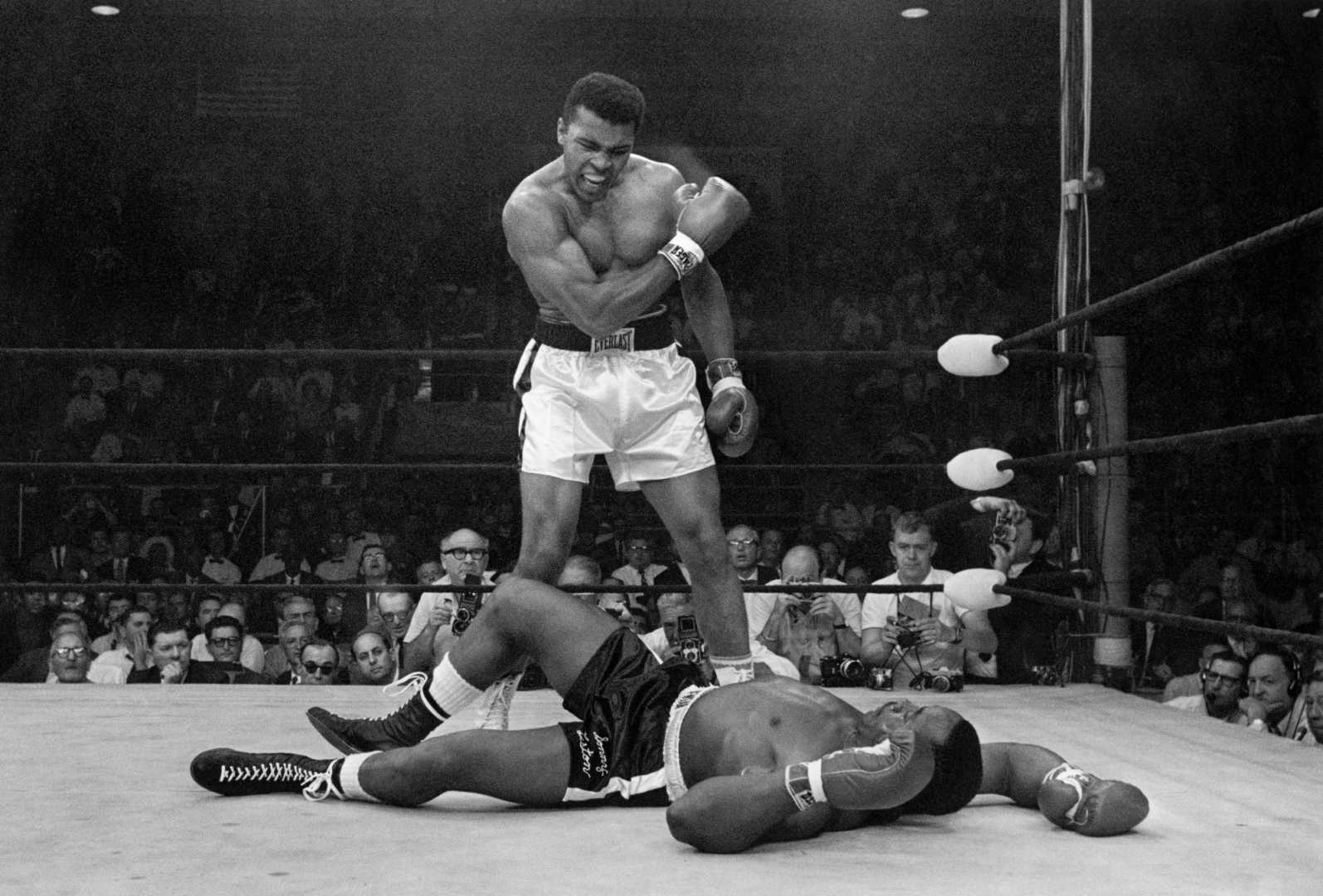News
Historic Moments Commemorated on February 25: A Day of Change

JOHNSTOWN, Pa. — February 25 marks a significant date in history, commemorating pivotal moments that reshaped culture, politics, and sports. Notably, this day in 1964 saw Muhammad Ali, then known as Cassius Clay, defeat Sonny Liston in Miami Beach, Florida, to claim the world heavyweight boxing championship for the first time.
Ali’s victory not only cemented his status as a boxing legend but also marked the beginning of a transformative era in the sport. Following the fight, Ali declared, “I shook up the world!” establishing himself as a prominent figure both inside and outside the ring.
In addition to sporting achievements, February 25 has seen significant political milestones. In 1870, Hiram R. Revels, a Republican from Mississippi, was sworn in as the first African American U.S. senator, paving the way for greater representation in Congress. “Today marks a new era for our nation,” Revels remarked. His appointment was a monumental step forward for civil rights.
The day also features constitutional significance. In 1913, the 16th Amendment, granting Congress the power to levy and collect income taxes, was declared effective. This amendment fundamentally changed the dynamics between the government and its citizens, affecting the nation’s fiscal policy.
Another historical highlight occurred in 1986 when President Ferdinand Marcos fled the Philippines after 20 years in power, following a controversial election. Corazon Aquino, the first female president in the Philippines, assumed office, symbolizing a significant shift towards democracy.
On an international scale, February 25 is remembered for tragedies as well. In 1991, during the Persian Gulf War, an Iraqi Scud missile strike on U.S. barracks in Dhahran, Saudi Arabia, resulted in the deaths of 28 American soldiers. This incident underscored the conflict’s catastrophic impact on military personnel.
Tragedy struck again in 1994 when Baruch Goldstein, an American-born Israeli settler, opened fire in the Tomb of the Patriarchs, killing 29 Muslims during Ramadan, a horrific act that intensified tensions in the region.
Fast-forwarding to recent events, in 2020, U.S. health advisors alerted the nation about the inevitable spread of the coronavirus. The Centers for Disease Control and Prevention urged preparedness, despite then-President Donald Trump’s insistence that the virus was “very well under control.” These warnings foreshadowed the extensive upheaval the pandemic would later cause.
As February 25 continues to be marked by historical events, it serves as a reminder of the complexities and changes that shape our world. Each year, the date evokes reflection on past challenges and achievements, emphasizing the impact of history on the present.












